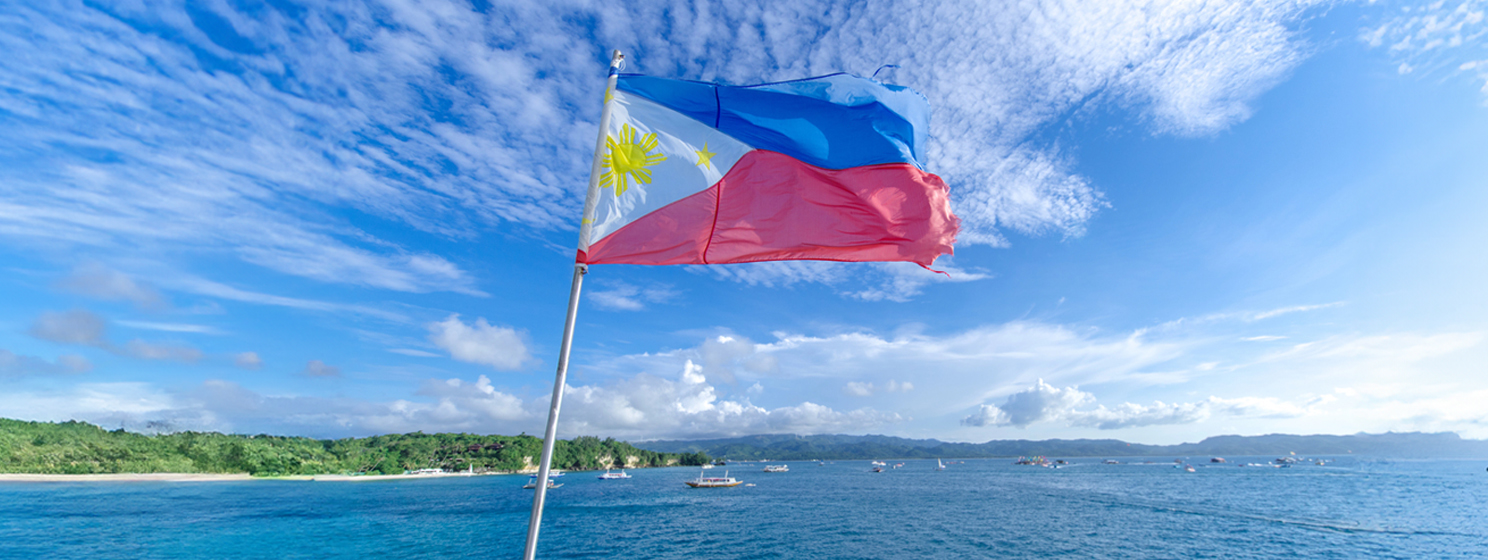|
Getting your Trinity Audio player ready...
|
The Maritime Industry Authority (Marina), the Philippines‘ shipping and seafaring regulator, has advanced its efforts to improve maritime safety and efficiency by adopting new technologies and quality management initiatives.
A key development is the implementation of a Blockchain-Enabled Automated Certification System designed to streamline and secure the maritime certification process. Marina Administrator Sonia Malaluan stated that this nationwide rollout represents an important advancement in elevating safety standards within the industry.
During a recent meeting with senior officials from the Department of Transportation (DoTr), Marina highlighted the impact of the blockchain system in improving the efficiency and reliability of certification processes. This technology aims to reduce fraud, enhance data security, and ensure that all maritime certifications are both verifiable and tamper-proof, providing greater confidence in the credentials of seafarers and maritime professionals.
According to the latest Statista data, preliminary figures for 2023 have shown about 578,600 deployed seafarers from the Philippines. The data added that among them, the majority were able seafarers, amounting to around 80,500, while 20,100 deployed waiter/waitresses and 16,600 deployed mess men that year.
Strengthening standards and international partnerships
Marina’s second quarter report also outlined progress in establishing bilateral agreements recognizing the Standards of Training, Certification, and Watchkeeping (STCW) for Seafarers certificates. These agreements are essential for ensuring seafarers meet international standards, enabling them to work on foreign-flagged vessels. By securing these agreements, Marina facilitates global employment opportunities for Filipino seafarers and strengthens the Philippines’ reputation as a provider of skilled maritime labor.
The agency also reported efforts to strengthen multilateral partnerships and collaborations with other maritime organizations. These partnerships aim to share best practices, improve regulatory frameworks, and foster international cooperation to enhance maritime safety and security. Such efforts demonstrate Marina’s commitment to aligning with global maritime standards and protocols.
Launch of the Marina Training Institute
To further improve the skills and professionalism of the country’s maritime workforce, Marina launched the Marina Training Institute. This institute is designed to play a vital role in the professional development of seafarers, offering a range of training programs that meet the evolving demands of the maritime industry. Administrator Malaluan noted that the establishment of the training institute shows Marina’s dedication to investing in the human capital that drives the maritime sector forward.
The training institute will provide education and training that adhere to international standards, ensuring Filipino seafarers remain competitive in the global market. This initiative not only enhances the competence of maritime professionals but also contributes to maritime operations’ overall safety and efficiency.
Expansion of the Quality Management System
Another development in Marina’s quest to enhance maritime safety is the expansion of its Quality Management System (QMS). Implemented across Marina’s Central Office on July 30, the QMS aims to standardize procedures and improve service quality. This expansion is part of Marina’s broader goal of achieving ISO 9001:2015 certification for its core processes, reinforcing the agency’s commitment to quality and excellence.
The QMS ensures that Marina’s operations are consistent, reliable, and aligned with international best practices. This system is expected to improve customer satisfaction by providing clear, efficient, and transparent processes, thereby strengthening the agency’s accountability and credibility in the maritime sector.
Emphasis on safety and compliance
During the meeting, DoTr Secretary Jaime Bautista underscored the importance of safety in all maritime operations. He urged Marina to align its programs with the Maritime Industry Development Plan (MIDP) 2028, which outlines strategic objectives for the sector’s growth and development. Bautista reiterated DoTr’s commitment to supporting Marina’s initiatives, with the ultimate goal of achieving a “zero incident target” in the industry.
Bautista called for continuous improvement in shipping, shipbuilding, ship repair, and workforce safety, ensuring that the Philippines remains a leader in maritime safety standards.
Inclusion in the International Maritime Organization whitelist
Marina’s efforts to enhance compliance and safety standards were further validated by the Philippines’ inclusion in the International Maritime Organization (IMO) whitelist. This inclusion signifies that the country meets the stringent requirements of the IMO, reinforcing its commitment to adhering to international maritime safety and security protocols.
Being on the whitelist not only boosts the credibility of Philippine-issued maritime certifications but also increases confidence among international shipping companies and stakeholders. It positions the Philippines as a reliable partner in the global maritime industry, opening up new opportunities for collaboration and growth.
Plans and challenges ahead
Marina also outlined its plans for the third quarter of 2024, focusing on addressing current challenges and continuing its efforts to enhance the safety and professionalism of the Philippine seafaring industry. Malaluan acknowledged ongoing issues related to safety measures and operational hurdles but expressed confidence in Marina’s ability to overcome these challenges through strategic initiatives and strong leadership.
By leveraging technologies like blockchain and focusing on quality management, Marina aims to position the Philippines as a leader in maritime safety and standards, ensuring that the country’s maritime industry remains competitive globally.
Watch: Showcasing power of blockchain tech with nChain Web3 event app

 03-02-2026
03-02-2026 




